Hero or villain? Like one of his own characters, Quentin Tarantino tends to turn quickly from appearing a relatable, reference-dropping goofball one moment to a malevolent, twisted atrocity the next. Over the course of the next two years or so, as anticipation builds for his next film, and as the reckoning on men in Hollywood continues, it’s probable that the court of public opinion will have a verdict for the 21st century’s greatest auteur. The primary charge will be exploitation, the evidence a lesson’s worth of film history.
“Reservoir Dogs” in 1992 made Tarantino a kind of Sundance darling -- the kid who worked in the movie store and went on to make a movie-lover’s movie. Now, considering the film’s graphic-yet-playful torture scene and celebratory treatment of gun violence (an issue not covered here because it’s silly -- movies don’t cause violence), Tarantino’s proclivity to push boundaries was never in doubt; but with “Pulp Fiction” outrage began to bubble beyond the usual sticklers and tightwads.
Red flags were raised on the postmodern masterpiece by director Spike Lee in response to one scene where a white character, played by Tarantino himself no less, uses the ‘N’ word multiple times. Since Tarantino writes his own films, the inclusion of that word, Tarantino’s apparent willingness, even eagerness to deploy it, was suspect to Lee. This would mark the beginning of a pattern and feud that continues today. While ‘N’ word usage in Tarantinography has since typically had more ethically comforting context (spoken by black characters or racist bad guy characters), the discussion about cultural appropriation has intensified and expanded. “Django Unchained” was panned by some for gratuitously taking the plight and violence of slavery and making it “fun” in the style of a shoot ‘em up Western.
For Tarantino, and also by the way for Samuel L. Jackson, Jamie Foxx, Kerry Washington, the notoriously progressive Academy, and most cinephiles, Lee and aligned critics could not have it more backwards. “Django Unchained” is a landmark of catharsis, allowing audiences black and white to see, for once, a version of the horrific and maddening story of slavery we probably yearned for during high school history and “12 Years A Slave” -- one in which the despicable slavers get their shit handed to them by those they attempt to victimize. Revenge is no proper moral response; but have you ever felt your heart rate pick up while visiting a Holocaust museum or watching Ralph Fiennes’ in “Schindler’s List”? “Inglourious Basterds” will gratify.
In the hands of Tarantino, does it add up to exploitation or empathy? Is even his ‘N’ word use some materialization of earnest colorblindness? While puzzling and multi-faceted, we are yet to inspect what may be the ultimate determinant in America’s evaluation of Tarantino as empowering: his treatment of women.
Spitting on and forcing them into car accidents is not a great start. This happened during the filming of “Kill Bill”, the magnum opus within Tarantino’s feminist catalog which also includes “Jackie Brown” and “Death Proof”. These films portray women achieving violent retribution against characters who harm and assault them, and more importantly, they feature women as strong and true action movie badasses. Of course, in the same vein as “Django” and “Basterds”, for every hurrah at the end of the film when the marginalized are triumphant, groans and murmurs of torture porn haunt scenes of escalating conflict.
The New York Times article combined with both a resurfaced interview in which Tarantino defended Roman Polanski and also with the fact that one of his closest collaborators throughout his career has been Harvey Weinstein has threatened to knock the director permanently from his feminist pedestal and indeed from any moral standing ground he might still hold claim to after decades of administering both physical and metaphysical queasiness to the masses.
Cue the double down. Tarantino’s 2019 film is rumored to heavily involve the 1969 Charles Manson murders -- opportunities for exploitation abound. That the subject matter specifically involves horrific violence against women and racially-motivated crime (not to mention Roman Polanski’s wife) makes it seem like the maverick director is asking for trouble. Will he shoot his way out and return to America’s beloved Hollywood pantheon (where his films remain)? Having sidekicks Leonardo DiCaprio and Brad Pitt can’t hurt. They play a pair of Western TV actors -- a star and stunt double. If you never have, read up on some of the Manson murder details and watch an interview of the killer cult leader. Then, tell me you wouldn’t like to see an onscreen version of history where DiCaprio and Pitt get to that bastard before the authorities.

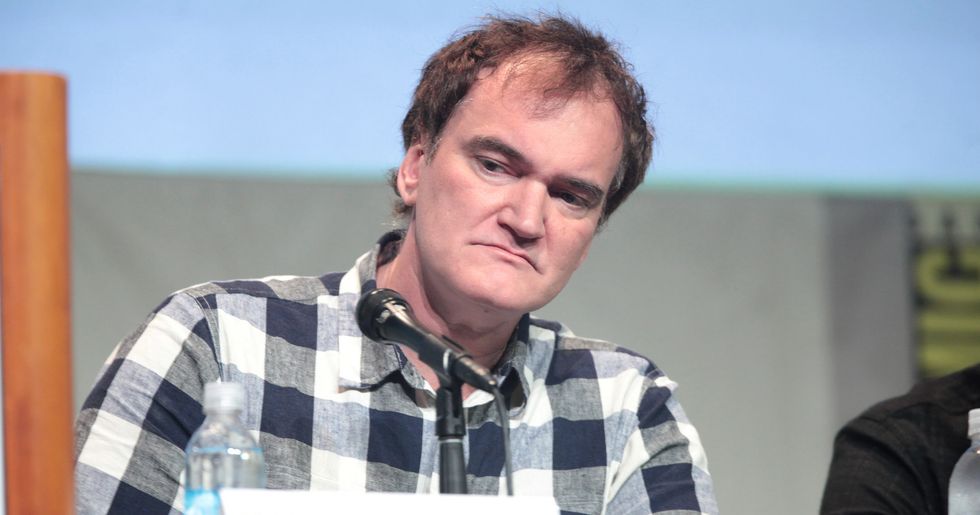
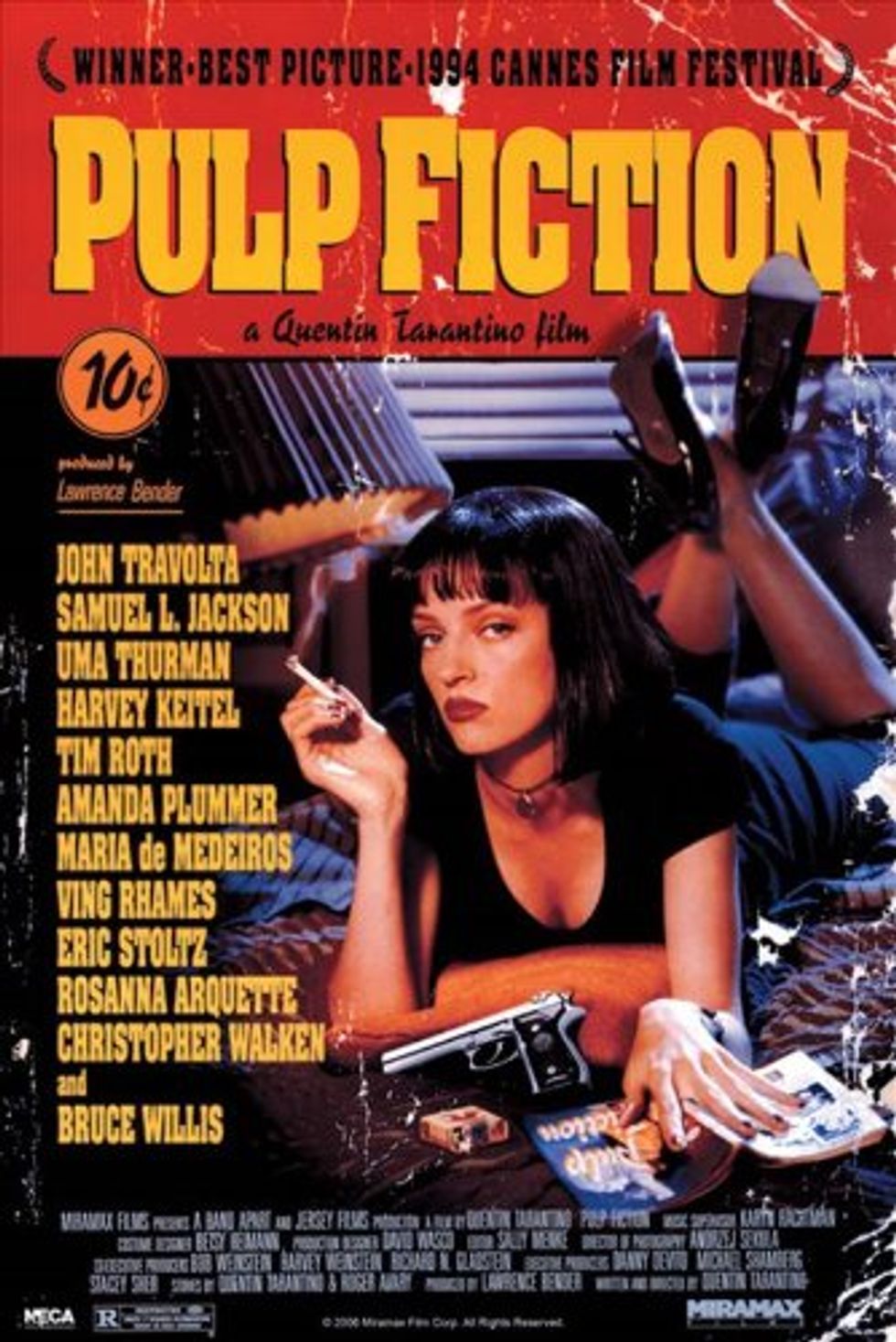
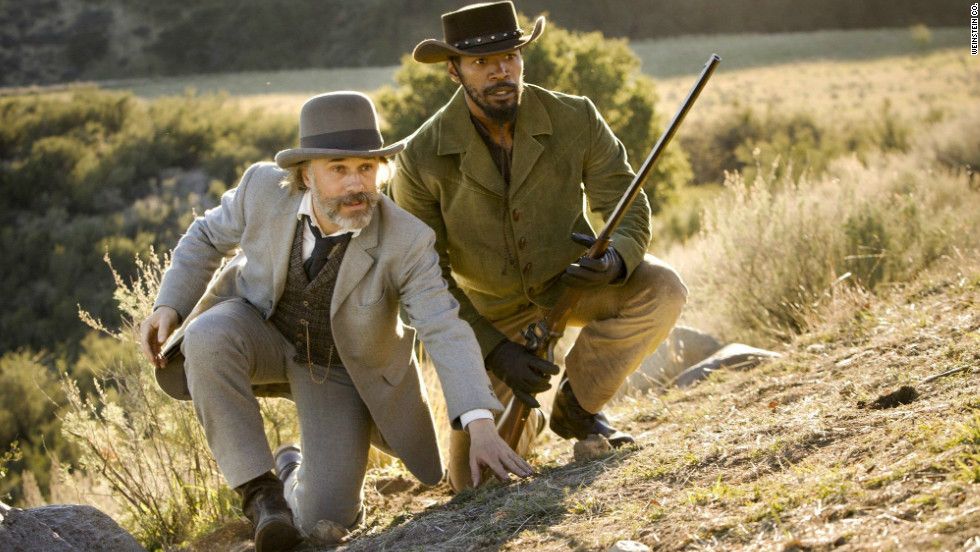
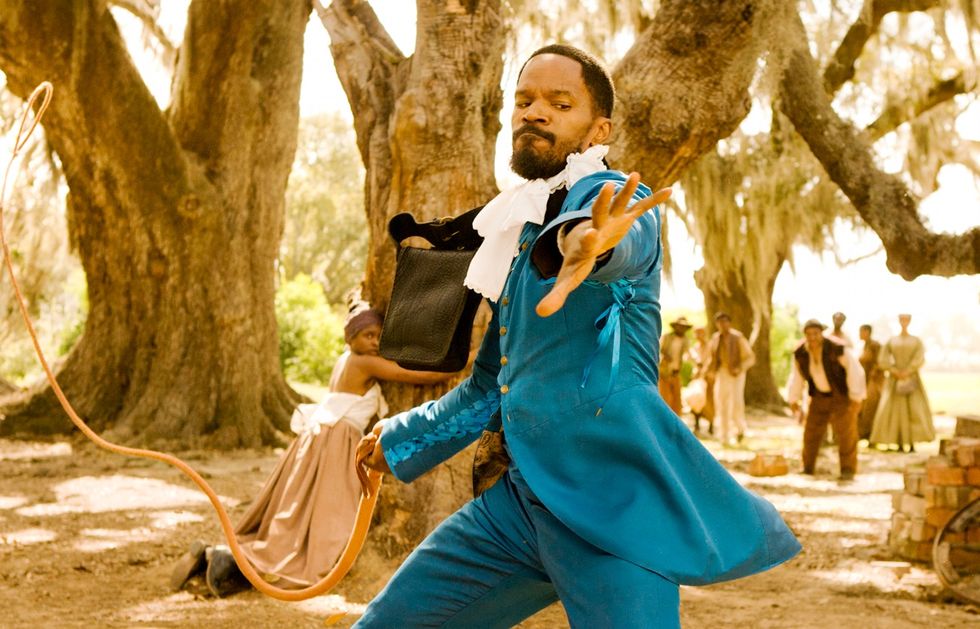
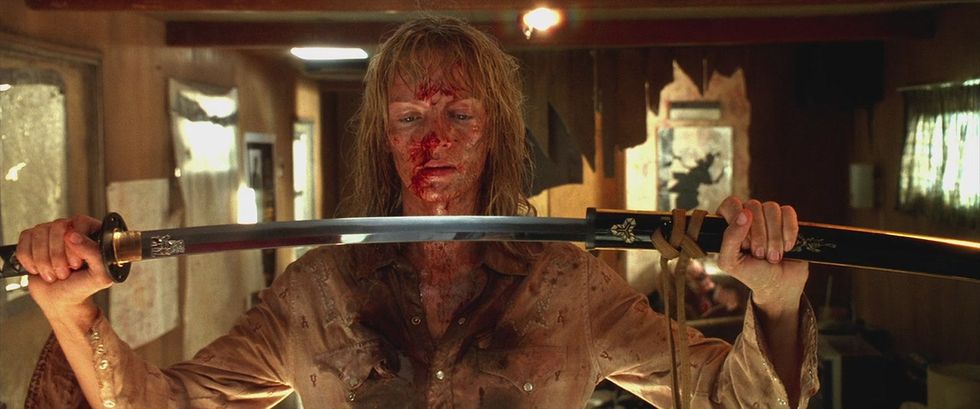
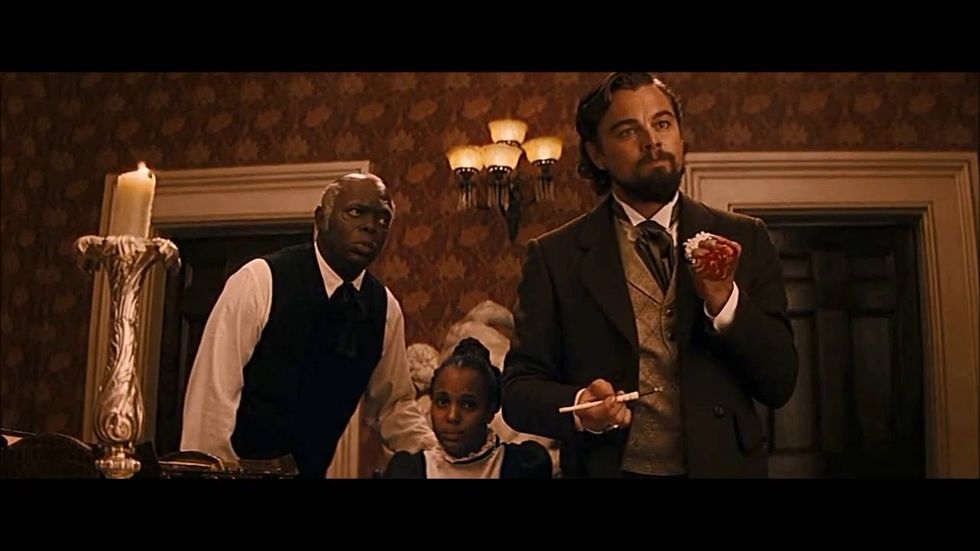


 Energetic dance performance under the spotlight.
Energetic dance performance under the spotlight. Taylor Swift in a purple coat, captivating the crowd on stage.
Taylor Swift in a purple coat, captivating the crowd on stage. Taylor Swift shines on stage in a sparkling outfit and boots.
Taylor Swift shines on stage in a sparkling outfit and boots. Taylor Swift and Phoebe Bridgers sharing a joyful duet on stage.
Taylor Swift and Phoebe Bridgers sharing a joyful duet on stage.












